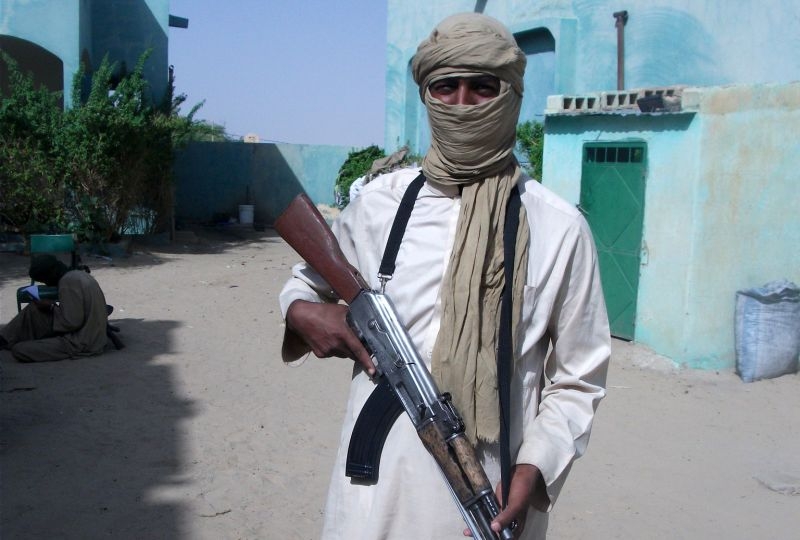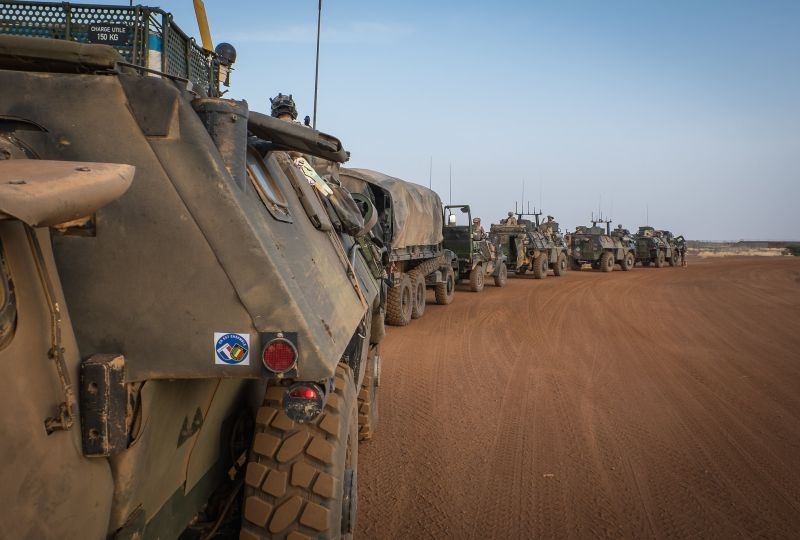These attacks have taken place in the Sahel region, close to the border with Mali and Niger and have been carried out by Ansaroul Islam – a local jihadist group operating in the country –, as well as by armed groups that operates also in Mali: the Islamic State in West Africa Province (ISWAP), the Islamic State in the Greater Sahara (ISGS), and the Group for the Support of Islam and Muslims (JNIM). The capital Ouagadougou has also been targeted.
In response, the government has deployed nearly 2000 soldiers in the east and in the Sahel and special gendarmerie units and conventional military forces have carried out large operations in the region, notably with the support of France via its operation Barkhane.
‘Our monitoring of the situation since 2015 allows us today to conclude that the Burkinabe army and France are currently engaged in a number of parallel non-international armed conflicts against Ansaroul Islam, ISGS, ISWAP, and JNIM ’ explains Dr Chiara Redaelli, Research Fellow at the Geneva Academy.
‘This classification has been triggered by both the level of armed violence and the degree of organization of these armed groups’ she adds.
Our Rule of Law in Armed Conflict (RULAC) online portal provides a detailed analysis of these conflicts, including information about parties, classification and applicable international law.











